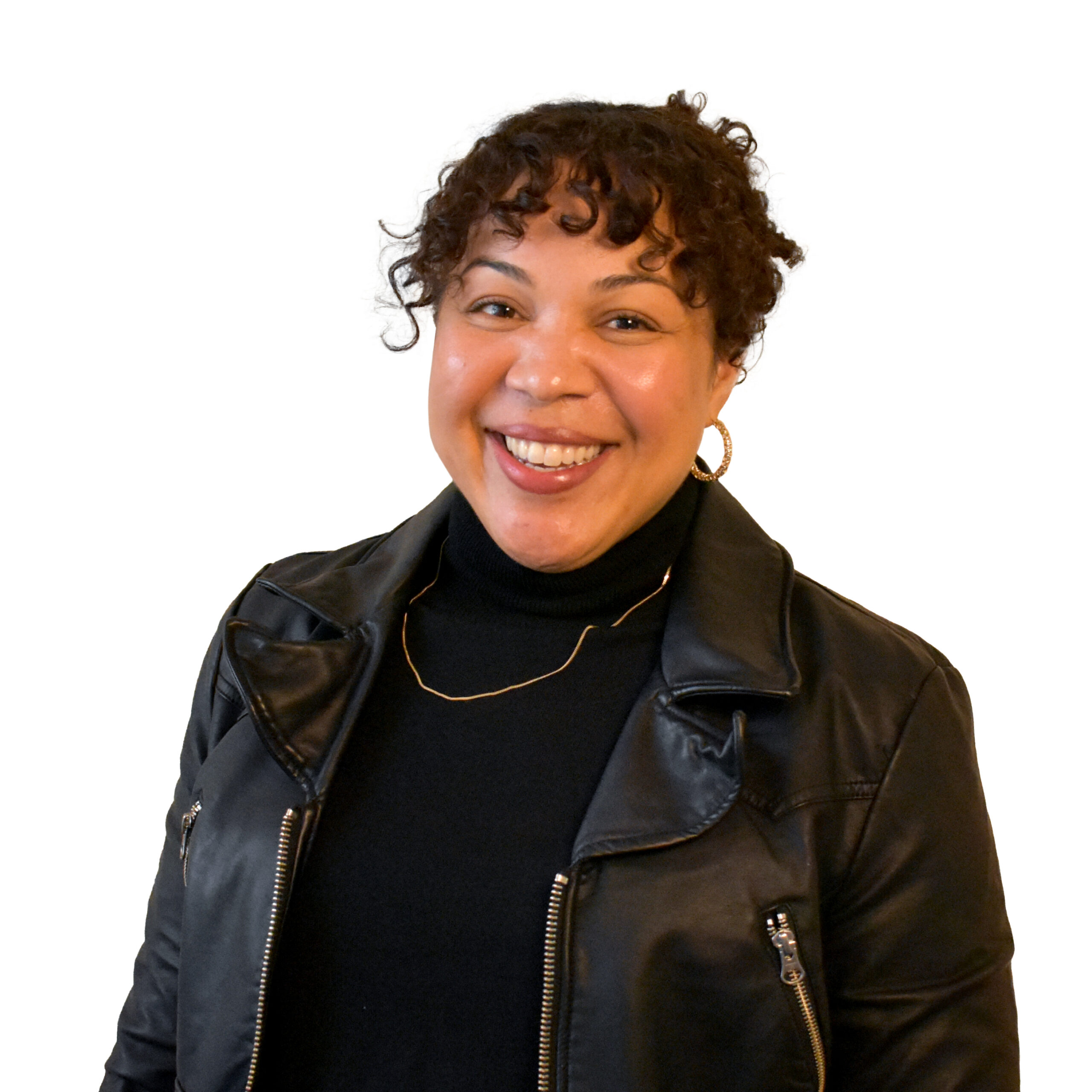
Works According to Design
At Threespot, we’ve been on the workplace equity journey along with so many others. The path is not clear, direct, and definitely not inexpensive, but the value cannot be quantified
At Threespot, we’ve been on the workplace equity journey along with so many others. The path is not clear, direct, and definitely not inexpensive, but the value cannot be quantified when it comes to undoing the advantages, barriers, and harm that have been created in society by design.
“Works according to design.” Popularized by Ijeoma Oluo in her 2020 book Mediocre: The Dangerous Legacy of White Male America, this deceptively simple phrase reminds us that the injustices experienced in our society are not accidental or a consequence of an individual, but are a result of our oppressive systems. And social systems are the output of human choices and policy decisions.
This is the point where I tend to lose people. They think something either to the effect of “I know this, I don’t need to hear it again,” or, “This conversation is not my place, so I’m going to bow out.” Stay with me for a minute.
Like I said, we’ve been on the workplace equity journey for a while now and there are two things that keep confronting me.
The first is that I’m here to get it right, not to be right. So, I can always benefit from hearing a new perspective — I think you might too.
The second is that if we want more people included in this conversation, it’s important to show our work. Not just when we “get it right,” but while we’re trying and failing and trying again.
The American system under which we currently live was designed to support, create wealth, bestow property ownership, grow families, and encourage safety and happiness for a very specific population: the white men who designed it. I have long felt the impact of and somewhat paradoxically, also benefited from this reality. Survival meant finding a way to fit into the system or flounder and fail. “Accept and adapt” is how many of us who don’t reflect the group of designers learned to survive.
Thankfully, I don’t approach my days with a mindset of acceptance anymore. As President at Threespot, I actually have the ability and the power to change (at least within our own workplace) systems to be more equitable.

So, to get us started, we use the term JEDI to frame the type of work we are doing. JEDI stands for:
- Justice: Seeking liberation from and dismantling of exploitative and oppressive systems in order to enable equal rights and equitable opportunities for all.
- Equity: Working to create access and opportunities that recognize differences exist among people and that advantages, barriers, and harm have been created in society by design.
- Diversity: Acknowledging the inherent value of bringing together people with different identities, perspectives, values, experiences, and expertise in any scenario.
- Inclusion: Fostering a sense of belonging by centering, valuing, and amplifying the full scope of human diversity.
To consider JEDI in the workplace, we accept that we don’t have the answers and that we need to actively (and in an ongoing fashion) encourage openness. My goal is to keep equity at the core of all decision-making, conversations, and work processes, and to always approach problem solving with a JEDI lens.
This means there isn’t a formula or model to follow, as most models are based on white privilege and patriarchal systems. This alone can be a hard pill for many to swallow since people are easily frustrated when asked to reinvent the wheel. However, we are committed to doing just that at Threespot. Recreating the assumed systems and formulas we were taught.
We are rethinking and rebuilding the way in which we operate. Don’t get me wrong, we’ve always been pretty progressively oriented, especially as a B Corp. For years, we’ve enjoyed benefits like caregiver leave, professional development budgets, extended company holidays, flexible time off, and various other policies geared toward prioritizing the well-being of our staff. However, there are several areas where we’ve been focusing our energy more intentionally to center equity and inclusive practices across everything we do:
- Wage Equity: We worked with a partner to audit wages across the company to address any wage gaps. This is an area that is often taboo to discuss and very difficult to truly even the playing field. However, we set up a framework that balances performance, overall growth and development, seniority, and pay. We share salary ranges for positions and have brought everyone on staff up to the established benchmarks for their roles. Overall, we have created a more open conversation around salaries.
- Hiring and Onboarding: Among other things, we are transparent about salary ranges, post jobs publicly and on diverse job boards, and interview candidates based on values and skills instead of degrees or titles alone. For onboarding, we work directly with new staff to make sure they are getting the support and mentors they need from the start.
- Representation and Recruiting: It’s essential to encourage and seek diverse talent across all levels and roles. We’ve certainly seen an uptick in diverse candidates by having a diverse leadership structure, however, we are looking to encourage, grow, and seek diverse talent across all levels and areas of expertise. To be clear, on this front, we are looking at race, ethnicity, gender, gender identity, sexual orientation, age, physical abilities/attributes, and religion. We are by no means perfectly represented, but we are investing the time, energy, and effort to grow our team to be so.
- Equity-Centered Work: We have grown our approach to the work we do to infuse inclusive design principles across our service offering. Our storytelling and design represent people, places, and things with dignity. We center users’ needs and design against their challenges, not their demographics. That can include anything from accessibility challenges, to cognitive barriers, to mental or emotional state, and anything in between.
- Inclusive Culture: Seeking understanding, valuing diverse perspectives, and respecting each other’s needs and boundaries are core to how we operate. We support each other, but also challenge each other to think more about the biases we all bring to the table and how that impacts the work we do. We understand that we all make mistakes and we choose to always learn, grow, and evolve our approach based on what we learn together.
I am putting in the work and taking the steps I can as a leader of this organization to do my part in creating a more equitable workforce. Every member of our team is committed to this journey and they too are putting in the work. It’s a challenge more days than not because it is easier to follow ingrained cultural rules than to have to consider alternate paths forward by blazing those trails as we proceed.
In so many aspects of our life, we know that through mistakes and failures, we learn and grow. In approaching equity work, we need to have that same mindset. It’s through the mistakes that we learn, and it’s through the tough conversations that we make progress.



